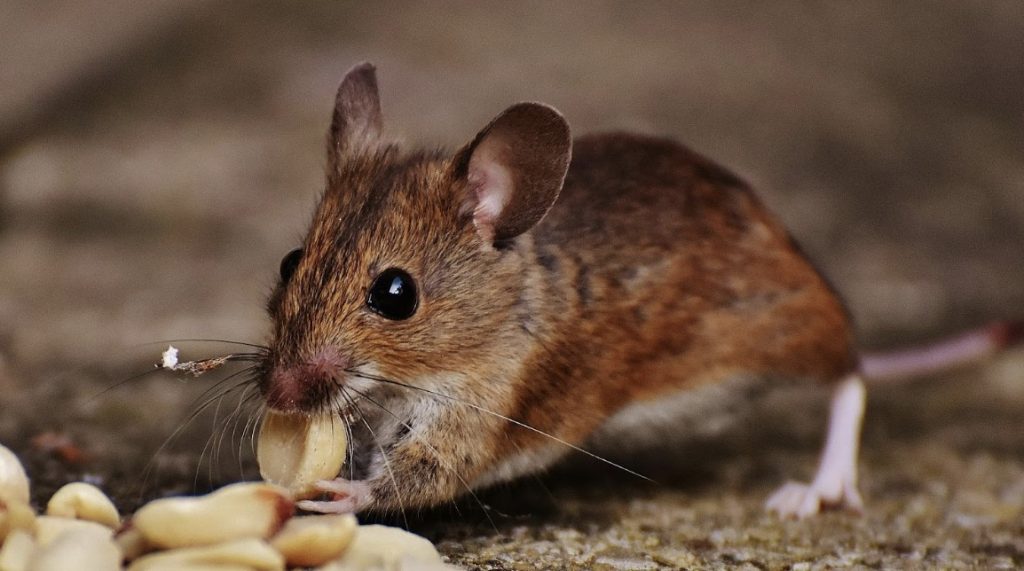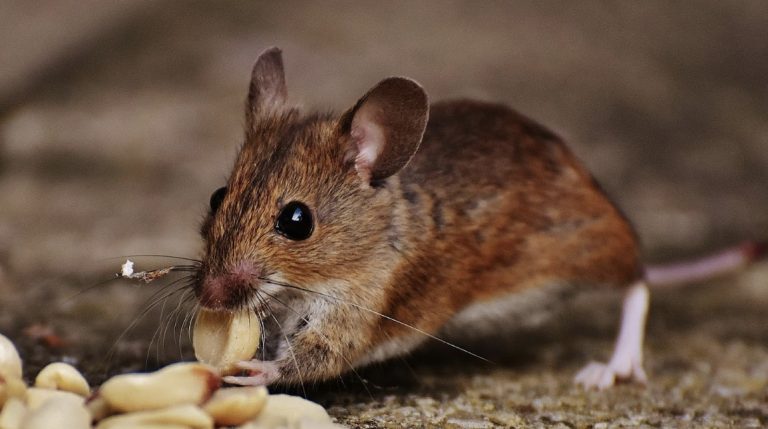Have you noticed a few ants trailing along your kitchen counter? Or have you heard some scratching noises in your attic at night? It’s easy to dismiss these signs as minor inconveniences. However, ignoring a pest problem in your home can lead to severe consequences beyond mere annoyance. This blog post explores why it’s crucial to recognize pest infestations in your living space. It will discuss the health risks, property damage, and psychological impacts pests can have and provide tips on preventing and managing infestations effectively.
Understanding Common Household Pests
Whether ants, cockroaches, termites, or rodents, household pests come in various forms and sizes. Each type brings its own set of challenges and potential threats. For example, cockroaches are notorious for carrying diseases, while termites can cause significant structural damage. According to a reputable provider of pest control in Quincy, MA, understanding the specific pests common in your area is the first step in protecting your home. Educating yourself about their behaviors and habitats can help you identify early signs of an infestation and take appropriate action.
1. Health Risks Associated with Pests
Many pests, including cockroaches and rodents, are known carriers of diseases. For instance, cockroaches can spread salmonella and E. coli, leading to food poisoning. Rodents can transmit hantavirus and leptospirosis through their droppings and urine. Additionally, pests like bed bugs and fleas can cause skin irritations and allergic reactions. Dust mites and microscopic pests can trigger asthma and other respiratory issues. Ignoring a pest problem can result in prolonged exposure to these health hazards, making it essential to address infestations promptly.
2. Property Damage Caused by Pests
Structural damage is one significant concern when it comes to pest infestations. Termites, for example, are notorious for their ability to destroy wooden structures. Over time, a termite infestation can weaken the structural integrity of your home, often leading to costly repairs. Rodents also cause property damage by gnawing on wires, insulation, and even plumbing. This not only compromises the safety of your home but can also result in fire hazards and water damage. By addressing pest problems early, you can prevent extensive property damage and avoid expensive repairs.
3. Psychological Impact of Pests
The constant worry about contamination, the fear of being bitten or stung, and the stress of dealing with an ongoing issue can lead to anxiety and sleep disturbances. Pests can make your home feel unsafe and uncomfortable, affecting your overall quality of life. For many people, the mere sight of pests can be distressing. This is especially true for individuals with phobias related to insects or rodents. By tackling pest problems head-on, you can restore a sense of security and peace of mind in your home.
4. The Cost of Ignoring Pest Problems
Ignoring a pest problem may seem like a way to save money, but it can lead to higher costs in the long run. Pest damage can result in expensive repairs, medical bills, and loss of property value. Additionally, the longer you wait to address an infestation, the more complex and costly it becomes to eliminate the pests. Investing in preventive measures and professional pest control services can save you money. It’s a small price for peace of mind and a pest-free living environment.

Ignoring a pest problem in your home can lead to extreme health risks, property damage, and psychological distress. By understanding the dangers of pests and taking proactive measures, you can safeguard your family from the negative impacts of infestations. Remember, early detection and action are crucial in preventing minor issues from becoming major problems. Feel free to seek professional help and consider adopting Integrated Pest Management practices for long-term prevention.


0 Comments